This is necessary when behavioral culture, deviant phenomena, negative and extremist manifestations, and violations of good customs and traditions are still disturbing phenomena in social life, and there are no effective "specific remedies".
The development of rules aims to guide cultural, civilized, and law-abiding behaviors, attitudes, and conduct in the digital environment; to build a safe, trustworthy, and law-abiding digital environment. To achieve this, the cultural sector hopes to raise awareness and responsibility of users of the digital environment, especially social networks, in sharing and spreading accurate and positive information, and preventing fake news and toxic news. In particular, it is expected to enhance the role of organizations and individuals in building a network culture, protecting the rights and legitimate interests of users, especially children...
The requirement for developing rules is that they must be feasible, in accordance with current laws and have the ability to be widely applied. Indeed! When it comes to the network environment and virtual space, we can see the difficulties and challenges in monitoring diverse and complex manifestations of behavioral culture and promptly detecting and correcting wrong words and attitudes. For a long time, this feasibility has been... challenged. Social network participants and public opinion have often and continuously witnessed in online communication obscene words, aggressive attitudes, many offensive images, sometimes nude, sometimes threatening, and full of violence. When faced with and being "thrown" a series of such "network trash", even adults sometimes find it difficult to stay calm, not to mention innocent and fragile children. That is why the problems of online attacks, online harassment, online insults and insults are still very hot!
When starting to develop codes of conduct, drafters need to conduct extensive surveys on negative and deviant behaviors online to identify the expressions through words and images that need to be detected, intervened, and eliminated. In particular, timely intervention, along with deterrent and public handling methods right on the internet environment, is needed. These online methods need to be closely linked to direct handling methods in real life, contributing to solving the root causes of subjects with wrongful behavior.
Along with that, it would be very useful to organize a public opinion poll, in which many people are victims or have encountered anti-culture cases on the Internet more than once. The rich contributions, advice, and suggestions from netizens, media experts, cultural, social, psychological experts, etc. will be the basis for forming practical, easy-to-apply rules that can receive consensus and be followed by the majority of people participating in the online community.
Source: https://baolaocai.vn/can-thiet-chan-chinh-ung-xu-kem-van-hoa-tren-mang-post402978.html











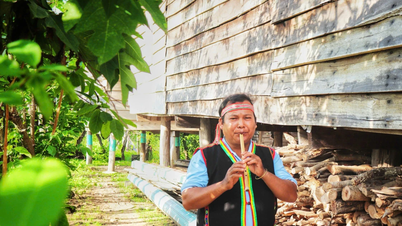



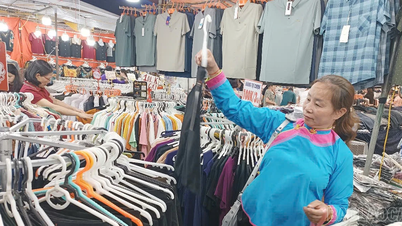





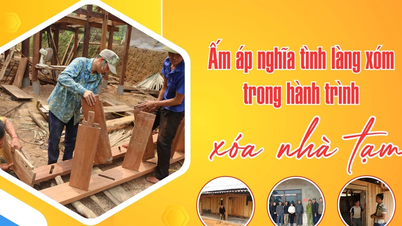



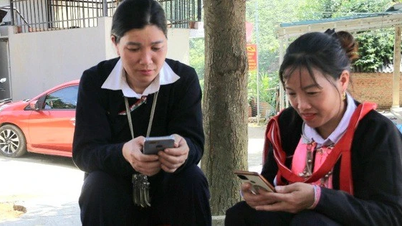

















































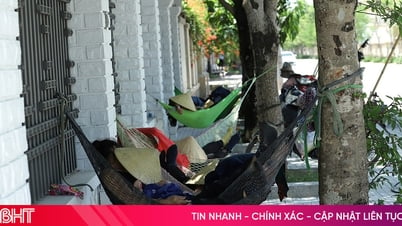










![[OCOP REVIEW] Tu Duyen Syrup - The essence of herbs from the mountains and forests of Nhu Thanh](https://vphoto.vietnam.vn/thumb/402x226/vietnam/resource/IMAGE/2025/6/5/58ca32fce4ec44039e444fbfae7e75ec)







Comment (0)